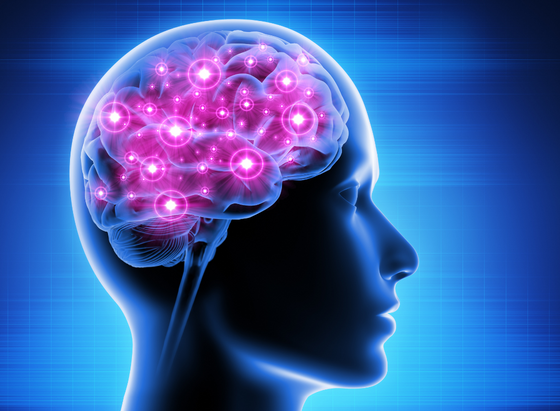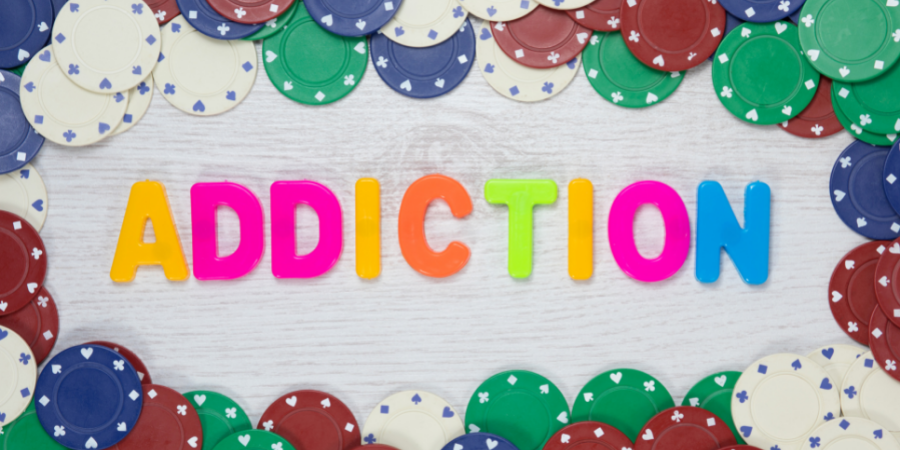Addiction

Written by:

Medically Reviewed by:
Last Updated:
April 10th, 2025
Addiction comes in many forms. Some individuals can rely on substances compulsively despite the negative consequences, developing alcoholism or drug addiction as a result. For others, behavioural addictions like gambling can leave those suffering feeling powerless and incapable of controlling their habit.
With so many assumptions about addiction, how it manifests itself, and what to do once it has been realised, it is important to educate ourselves about the realities of addiction and how best to seek support if you or a loved one is suffering.

What is addiction?
Addiction is a chronic condition characterised by a strong urge to engage with a behaviour or substance compulsively, to the point where it begins to interfere with all aspects of a person’s life. As a result, those struggling with addiction can witness their world begin to change, compelled to engage with the behaviour despite the risks to their health and wellbeing.
Alcohol addiction
If you or someone you love is struggling with alcohol addiction, we invite you to get in touch with us for free, confidential advice.
Drug addiction
If you or someone you love is struggling with drug addiction, we invite you to get in touch with us for free, confidential advice.
Legal high addiction
If you or someone you love is struggling with a legal high addiction, get in touch with us for free, confidential advice.
Prescription drug addiction
If you or a loved one is struggling with prescription drug addiction, we invite you to get in touch with us for free, confidential advice.
Behavioural addictions
If you or someone you love is struggling with behavioural addiction, we invite you to get in touch with us for free, confidential advice.
The brain and addiction

For those who have never battled an addiction first-hand, it might seem difficult to comprehend why a person would continue engaging with a behaviour or substance, even when it negatively impacts their lives. This has a lot to do with how dependence manifests itself in the brain.
When someone is addicted, their reward and motivation pathways become strongly affected by their habit. This is due to the response that is induced in the brain when the behaviour or substance is initially engaged with, releasing powerful chemical reactions which can leave users feeling euphoric and blissful. Known as the brain’s ‘feel good’ hormones, neurotransmitters such as dopamine and serotonin are responsible for this reaction. All of us will encounter these hormones in our lives, and they can be great in reinforcing healthy coping mechanisms, rewarding us with a small burst of dopamine for activities like eating well or socialising with friends. Unfortunately, however, for those that fall into addiction, the brain will produce much larger, more intense bursts of pleasurable sensations, compelling users to obtain their fix, whatever the risk.
Who can develop an addiction?
Addiction does not discriminate, and this is an affliction that can impact anyone at any time. However, certain risk factors can play a part in a person’s likelihood of developing an addiction.
There are many different factors that can contribute to an active addiction. Some of these include:
Genetics
Studies have shown that those with a family history of addiction can be more at risk of developing one in the future. This all boils down to genetics and factors that are out of our control. However, having a predisposition does not guarantee that an addiction will develop; it is just one explanation.
Past Experience
For those who have faced difficult or traumatic incidents in their childhood, addiction can often be turned to as a coping mechanism to manage or deal with particularly distressing thoughts or emotions.
Environmental Factors
Environmental factors play a huge role in the development of an addiction. Young people, in particular, can be made especially vulnerable to addiction. Some environmental factors that can contribute to dependence include:
- Peer pressure
- Family attitudes
- Community values
Mental Illness
Pre-existing mental health conditions can increase the risk of addiction. Some of these conditions can include the following:
- PTSD
- Bipolar Disorder
- Borderline Personality Disorder (BPD)
- Anxiety or Depression
Addiction is a complex illness, and there is no one reason why people fall victim to this condition. However, by educating ourselves on some of the risk factors, this knowledge can help us to spot the signs in ourselves or in others.
Signs and symptoms of addiction

It can sometimes be difficult to determine whether particular behaviours are symbolic of addiction or are just character traits. However, spotting the signs and symptoms in yourself or a loved one can make all the difference. Some common signs associated with dependence include:
- Mood changes; for example, displaying more aggressive or irritable tendencies.
- Trying to stop engaging with the behaviour in the past but failing to do so.
- Issues carrying out tasks that were once trouble-free, like working or tidying up.
- Lack of interest in activities or hobbies that were once enjoyable.
- Changes to sleeping habits, such as sleeping far more or far less than before.
- Becoming withdrawn from people that were once close friends.
- Seeming fixated on the behaviour or substance, unable to function without regular access to it.
- Financial difficulties, such as borrowing money or not being able to pay the bills.
Debunking myths about addiction
Unfortunately, addiction is commonly misunderstood. For this reason, it is important to break down some common misconceptions about addiction, making sure that others are aware of the full scope of this condition.
MYTH: “Addiction is only associated with drugs and alcohol.”
FACT. While many of us are only familiar with alcohol addiction or substance-related dependencies, it is important to note that individuals can become reliant on behaviours, too. Similar to alcohol or drug addiction, those who are under the clutches of certain behaviours can become consumed, unable to properly function without regular access to it. Common examples of behavioural addictions include gambling, sex and eating disorders.
MYTH: “People who are still functional in their daily lives can’t be addicted.”
FACT. Addiction can present itself differently from person to person, and just because someone might appear to have their life under control whilst engaging in their dependence, this by no means indicates that they are not suffering from an addiction. In fact, some people can be at the height of their success and still face their own personal battles with dependence behind closed doors. These individuals are known as ‘high functioning’ addicts. For this reason, it is vital that we look after ourselves and others, aware that this condition manifests itself differently for everyone who encounters it.
MYTH: “Addiction is a choice.”
FACT. Addiction is a diagnosed condition that changes the way that users see their world, one which can wreak havoc on people’s lives, stripping them of everything that they once held closest to them. Claiming that someone could easily stop or has somehow chosen this path is to misunderstand the realities of addiction and the control it can impose on its victims.
How Sanctuary Lodge can help
The cycle of addiction can seem extremely challenging to break alone, but at Sanctuary Lodge, our rehab programme is fully equipped, with a dedicated team who have helped countless others break free from their dependencies. Providing you with a comfortable, tranquil refuge to recover will allow you the space to truly begin the healing process. We apply the latest knowledge of holistic therapy, and all our doctors, nurses, and support staff are specialists in their fields. Just by reading this and recognising that you have lost control of your substance use, you have already begun your journey to recovery. For more information about Sanctuary Lodge and what we can do to help, do not hesitate to contact a member of our team today.











